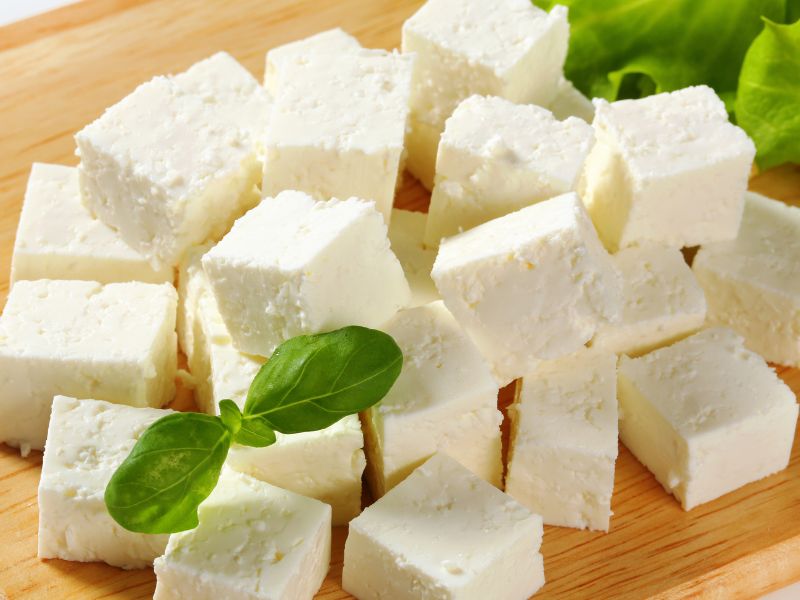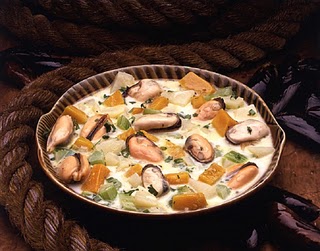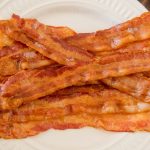Several varieties of cheese contain comparatively less calories when compared to other varieties of cheese.
Here are a few tasty options:
- Feta cheese: With only 74 calories per ounce, this type of cheese is a calorie-efficient source of protein (28 grams).
- Mozzarella cheese has roughly 85 calories per ounce, making it another cheese that is reasonably low in calories (28 grams).
- A good source of protein, cottage cheese is formed from the curds of cow’s milk. With only 83 calories in a half-cup, it is also low in calories (113 grams).
- Cheese called ricotta, which is formed from cow’s milk whey, is a good source of protein. With only 170 calories in a cup, it is also low in calories (250 grams).
- Swiss cheese has a unique flavor and texture and is created from cow’s milk. With only 108 calories per ounce, it is very calorie-efficient (28 grams).
It’s crucial to remember that the amount of calories in cheese might change based on the type of milk used, the method of manufacture, and the particular cheese. Cheese manufactured from full milk often has more calories per serving than cheese made from low-fat or fat-free milk.
Cheese is a wholesome item that can be consumed as a part of a balanced diet. It is an excellent source of calcium, protein, and other minerals. Some cheese varieties, such feta, mozzarella, and cottage cheese, have fewer calories and fat than other varieties of cheese, making them a suitable option for persons attempting to control their weight or consume less saturated fat.

However, it’s essential to remember that cheese is also high in sodium and, if ingested in excess, might increase the risk of high blood pressure. Those who are at risk for heart disease may be concerned about cheese’s potential high cholesterol content.
In general, it’s wise to include cheese in a balanced diet that includes a variety of nutrient-dense foods and consume it in moderation. Additionally, it’s a good idea to consider serving quantities and select lower-fat varieties of cheese wherever possible.
If you’re trying to find foods with fewer calories, you might want to look for cheese brands that are particularly marked as “low-fat” or “reduced-fat.” These cheeses might be lower in fat and calories than those made from whole milk. To locate cheese options that are lower in calories and fat, you might also wish to review the nutrition labels of several brands.
It’s important to remember that the number of calories in cheese might change based on the type, how it was made, and the specific nutrients it contains. In order to assist control your calorie consumption, it’s generally a good idea to select cheese that is made from fat-free or low-fat milk and to pay attention to serving sizes.
In conclusion, cheese can be a pleasant and nutrient-rich item that can be included in a diet. Cheese can be heavy in sodium, cholesterol, and calories, so it’s vital to eat it in moderation. When compared to other forms of cheese, like Brie or cheddar, some varieties of cheese, such feta, mozzarella, and cottage cheese, have fewer calories and fat. The caloric and fat content of cheese prepared from reduced-fat or fat-free milk is often lower than that of full milk cheese. It’s a good idea to read the nutrition label when selecting cheese and to select lower-fat varieties wherever available. To make sure you are getting all the nutrients your body requires, it’s crucial to incorporate a range of nutrient-dense foods in your diet.
© 2012-2022 by LiVentures. All rights reserved. No part of this document may be reproduced or transmitted in any form or by any means, electronic, mechanical, photocopying, recording, or otherwise, without prior written permission of LiVentures.






